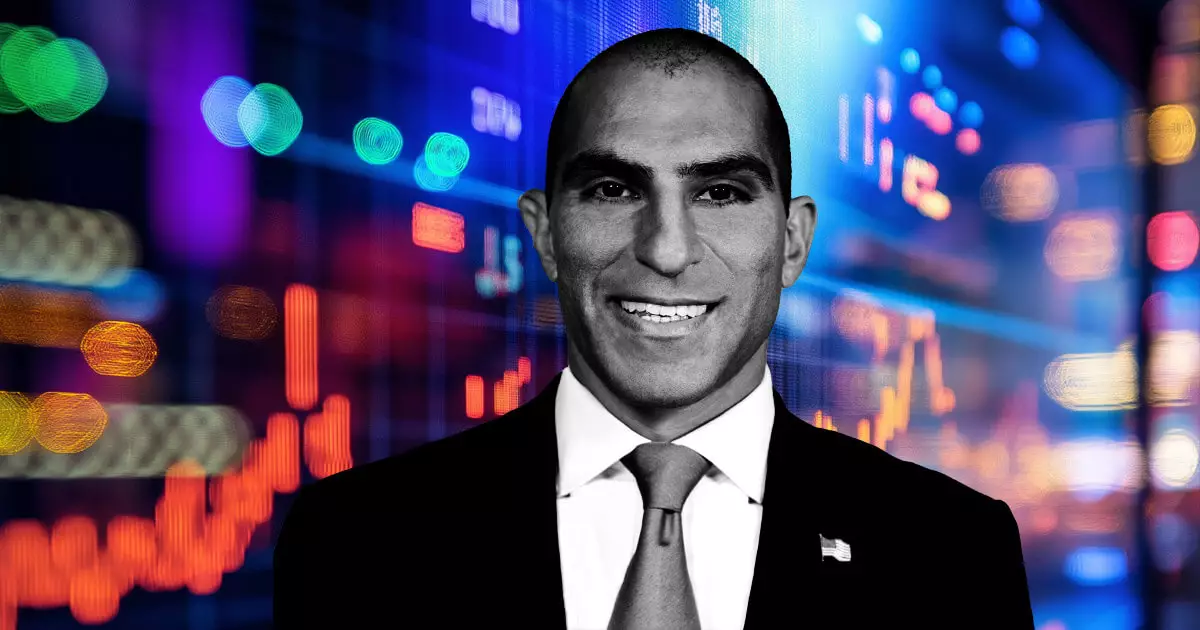Rostin Behnam, the sitting Chair of the U.S. Commodity Futures Trading Commission (CFTC), announced his forthcoming resignation effective January 20, as reported by the Financial Times. This decision aligns with the inauguration of President-elect Donald Trump, allowing the new administration to initiate the appointment of an interim leader. The timing raises questions about the immediate future of regulatory oversight in the realm of cryptocurrencies, a significant area of focus during Behnam’s chairmanship.
Throughout his tenure, Behnam has brought attention to the need for enhanced regulatory frameworks concerning digital assets. His leadership style has been characterized by a commitment to collaboration among regulatory bodies, especially when juxtaposed with the more stringent methodologies of the Securities and Exchange Commission (SEC) under Gary Gensler. By advocating for a cooperative landscape, Behnam aimed to shore up the regulatory gaps prevalent in the cryptocurrency market.
Despite not taking an overtly aggressive stance, Behnam’s administration was notable for facilitating substantial enforcement actions. The CFTC under his watch not only targeted established entities like Binance—with a colossal fine of $4.3 billion—but also pursued corrective measures against influential figures such as the Winklevoss twins over misleading practices related to Bitcoin futures. Behnam’s proactive approach underscores his commitment to maintaining market integrity amidst the rising tide of crypto transactions, particularly in the wake of failures from notable firms like FTX and Celsius Network.
As Behnam’s exit approaches, the discussion surrounding his successor has become increasingly fervent. Many in the industry speculate that President-elect Trump may appoint a leader more aligned with pro-crypto sentiments. Observers have identified Republican Commissioners Summer Mersinger and Caroline Pham as potential candidates for the interim position, both known for their relatively favorable views on technology in finance.
Another prominent name speculated to be in contention is Brian Quintenz, a former CFTC Commissioner celebrated for his enthusiastic support of emerging technologies such as tokenized assets and decentralized finance. Currently serving as the head of policy at a16z’s crypto division, Quintenz’s extensive background in the regulatory landscape and advocacy for clear frameworks for cryptocurrencies positions him as a strong candidate amid these pivotal changes.
The transition in leadership at the CFTC signals a critical juncture in the evolution of cryptocurrency regulation in the U.S. With new leadership anticipated shortly after Behnam’s departure, stakeholders within the financial and crypto sectors await clarity on the direction the agency will take. As discussions about regulatory approaches continue, the importance of having a robust and comprehensive framework to protect investors while fostering innovation cannot be overstated. The next few months will undoubtedly be telling, as the new CFTC leadership sets the stage for the future of digital asset regulation in America.

